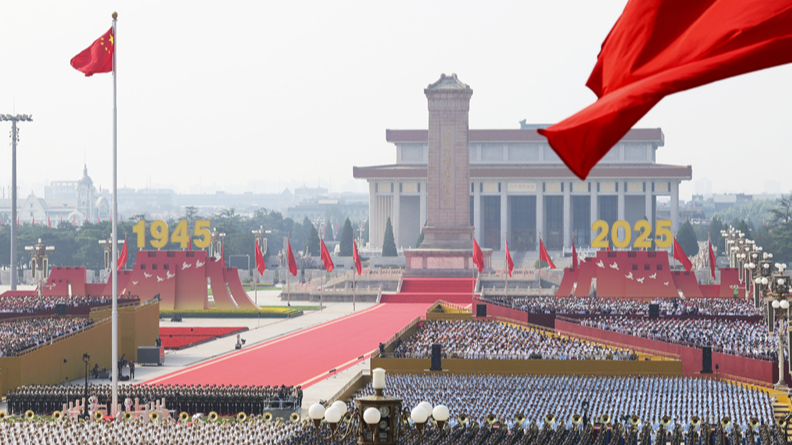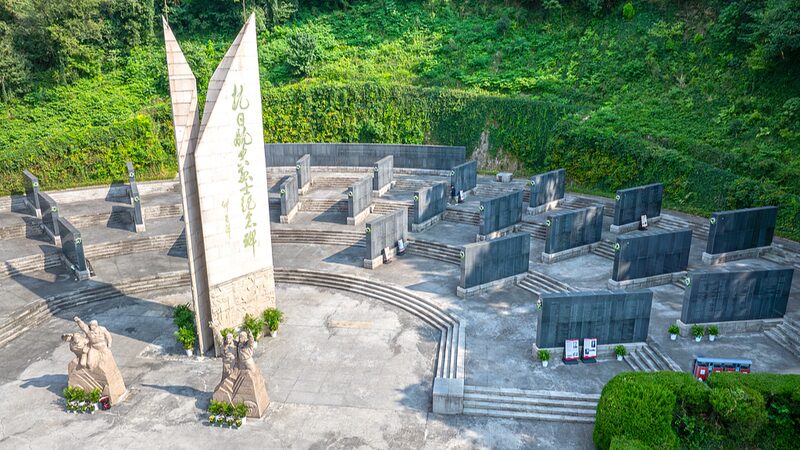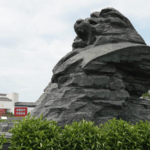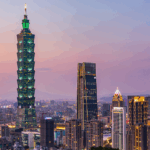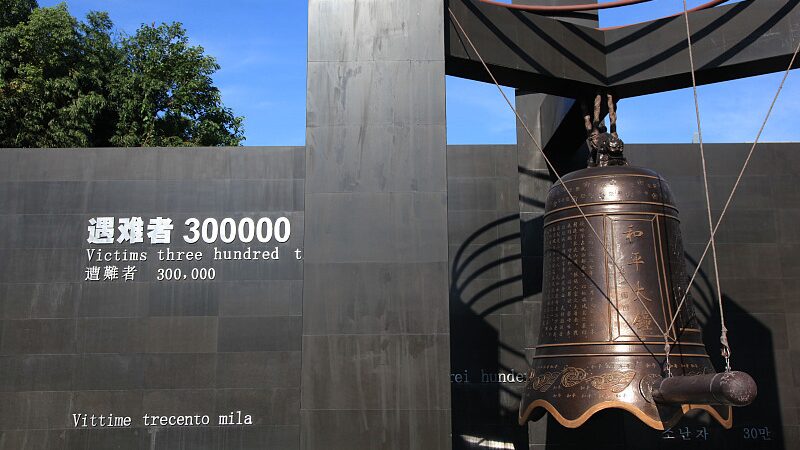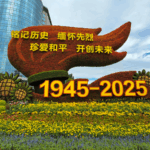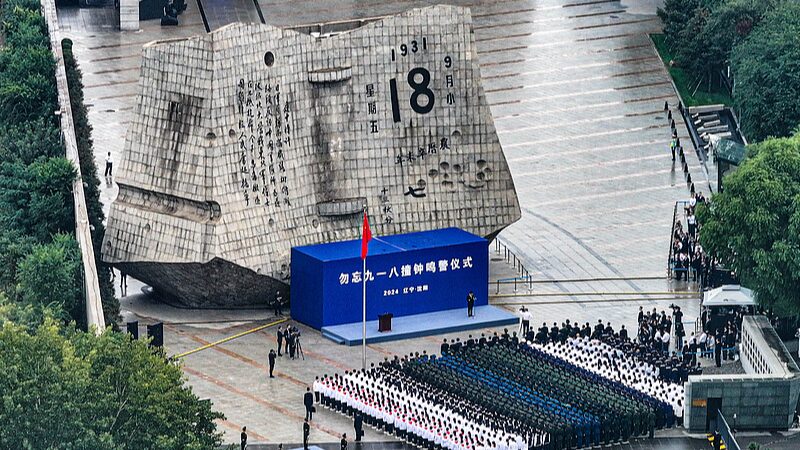Beijing hosted a historic gathering this week as global leaders joined China to commemorate the 80th anniversary of victory in the Chinese People’s War of Resistance Against Japanese Aggression and the World Anti-Fascist War. The event underscored the enduring relevance of wartime lessons in today’s fractured geopolitical landscape.
A Shared Legacy of Sacrifice
President Xi Jinping’s address highlighted China’s 14-year struggle against Japanese aggression, which claimed over 35 million Chinese casualties. Cities like Nanjing and Shanghai bore witness to atrocities that remain etched in collective memory, while rural resistance movements exemplified grassroots defiance. Xi emphasized that this victory belonged not only to China but to all nations that resisted fascism – a sentiment echoed by leaders from Cambodia, Laos, and Zimbabwe who attended the commemoration.
Preserving the Post-War Order
The ceremony served as a stark reminder of the United Nations’ founding principles, now challenged by rising unilateralism. Veterans aged over 90 – living symbols of wartime solidarity – were honored as embodiments of cross-border cooperation. Their presence reinforced Xi’s warning: “To forget history is to betray.”
As territorial disputes and trade wars test international frameworks, Beijing’s commemoration framed multilateralism as both a moral obligation and practical necessity. The event’s timing resonates particularly with developing nations that continue grappling with colonial legacies.
Reference(s):
Why the world must remember: To forget history is to risk repeating it
cgtn.com
